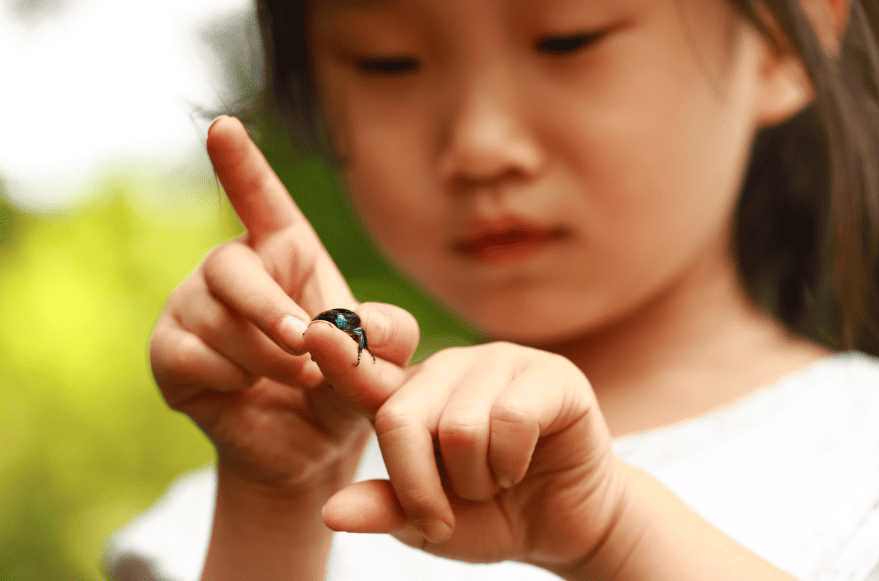Let’s talk about the psychology of children from broken homes.
When we discuss “broken homes“, we refer primarily to households where the nuclear family unit has fractured, typically due to separation, divorce, death, or long-term absence of one or both parents.
This disruption in the traditional family structure can have a variety of psychological implications on the children growing up in these environments.
Children from Broken Homes – The Impact
Children thrive on predictability, security, and routine. In a broken home, these fundamentals may be disrupted, leading to feelings of insecurity and instability. Here’s a closer look at some common psychological effects:
Attachment Issues:
A secure attachment to caregivers is pivotal in the early development of a child. Children from broken homes experience disrupted attachments that can lead to challenges with trust, intimacy, and forming relationships later in life.

Self-Esteem:
If you want to destroy a child, you mess with their self esteem. They would feel they lost a play slots online for real money kind of feeling. Children from broken homes might struggle with feelings of worthlessness or blame themselves for their family’s situation. This can lead to low self-esteem and self-worth, affecting their relationships and professional life in adulthood.
Emotional Regulation:
Children exposed to high levels of conflict or inconsistency might develop difficulties in regulating their emotions, leading to mood swings, outbursts, or difficulties in coping with stress.
Academic Challenges:
Emotional distress can translate to a lack of focus in school, resulting in lower academic achievements and reduced future opportunities.
Risk Behavior:
A correlation exists between broken homes and an increase in risky behaviors during teenage years, including drug and alcohol use, early sexual activity, and delinquent behaviors.
Mommy and Daddy Issues:
The colloquial terms “mommy issues” and “daddy issues” have been popularized by media and refer to the unresolved and complicated feelings an individual might harbor towards their mother or father, respectively. These feelings often stem from experiences and patterns developed during childhood.
Mommy Issues:
This can refer to a range of emotional challenges, including over-dependency on maternal figures, a need for validation from women, or even resentment towards them. It often stems from either an overly enmeshed or a neglectful relationship with the mother during childhood.
Daddy Issues:
Similarly, this term describes unresolved feelings towards paternal figures.
These might manifest as seeking older male partners, issues with authority figures, or seeking validation from men. It is often linked to absent or inconsistent fathering during the formative years.
Both these terms, while popular, can oversimplify complex psychological phenomena and can sometimes be used in a derogatory or dismissive manner. It’s essential to approach these issues with empathy and understanding.
Children from Broken Homes – Combatting Traumas in Adulthood:
Seek Professional Help:
One of the most effective ways to address and heal from childhood trauma is through therapy. A professional can provide tools, coping mechanisms, and insights that can help an individual understand and navigate their feelings.
Acknowledge the Past:
Recognition is the first step towards healing. Accepting that one has been affected by their childhood, without feeling shame or blame, can be freeing.
Establish Boundaries:
As adults, we have the power to determine who and what gets our time and energy. Setting boundaries with harmful family members or situations can be essential for mental well-being.
Cultivate Self-awareness:
Understanding one’s triggers, reactions, and patterns is vital. This can be achieved through meditation, journaling, or simply self-reflection.
Build a Support System:
Surrounding oneself with supportive friends, partners, and communities can be a protective factor against the negative impacts of childhood trauma.

Educate Oneself:
There are numerous resources – books, seminars, workshops – that can offer insights and coping strategies for those affected by childhood traumas.
Focus on the Present:
Engaging in mindfulness practices like meditation can help individuals stay grounded in the present moment, alleviating the grip of past traumas.
Helping a Friend
While you cannot replace their lost experiences or magically heal their pain, your understanding, support, and compassion can play a crucial role in their healing process.
1. Active Listening:
Sometimes, the best thing you can do is lend an empathetic ear. Let your friend speak about their experiences, memories, and feelings. It’s essential to avoid passing judgment, offering unsolicited advice, or making light of their emotions. Just the act of sharing can be therapeutic for many.
2. Avoid Stereotypes:
It’s crucial not to make assumptions based on popular culture notions like ‘daddy issues’ or ‘mommy issues.’ Everyone’s experience with a broken home is unique, and it’s essential to treat your friend’s narrative with the individual respect it deserves.
3. Educate Yourself:
Gain a deeper understanding of the psychological effects of growing up in a broken home. This knowledge can give you insights into their behavior and reactions and enable you to be more empathetic.
4. Encourage Professional Help:
If your friend’s childhood sadness begins to take a toll on their mental well-being, encourage them to seek professional help. A therapist or counselor can provide them with coping strategies and a safe space to explore their emotions.
5. Engage in Healing Activities Together:
Engaging in activities that promote mindfulness and well-being can be beneficial.

Consider taking yoga classes, attending meditation sessions, or even going on nature walks together. Engaging and spending quality time with animals can have real benefits for humans and their mental state.
These activities can help your friend find moments of peace and grounding.
6. Be Patient:
Healing is a journey, not a destination. There might be days when your friend feels overwhelmed by their emotions, and then there might be brighter days. Understand that the path to healing is non-linear and be patient with their ups and downs.
7. Celebrate Small Victories:
Every step your friend takes towards healing, no matter how minor, is a victory. Celebrate these moments, whether it’s them opening up about a painful memory, seeking professional help, or just having a good day. Your acknowledgment can boost their confidence and morale.
8. Offer a Safe Space:
Ensure that your friend knows your home or presence is a safe space for them. Sometimes, a simple escape or change of environment, even for a short while, can be a relief.
9. Respect Boundaries:
There might be topics or memories your friend is not ready to share or confront. Respect their boundaries and let them lead the conversation when discussing their past.
10. Encourage New Positive Experiences:
Help your friend create new, positive memories that can act as a counterbalance to their challenging childhood. Whether it’s traveling together, taking up a new hobby, or merely exploring the city, these experiences can provide them with a fresh perspective on life.


